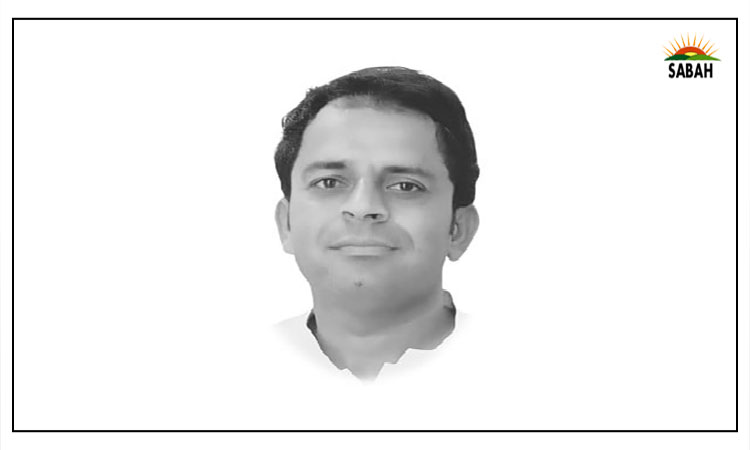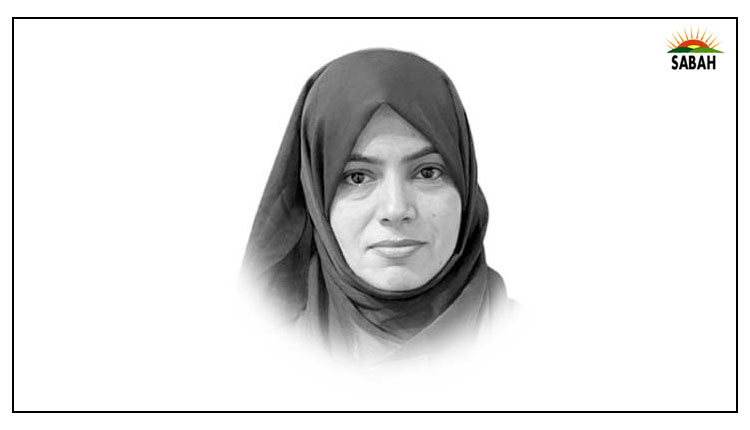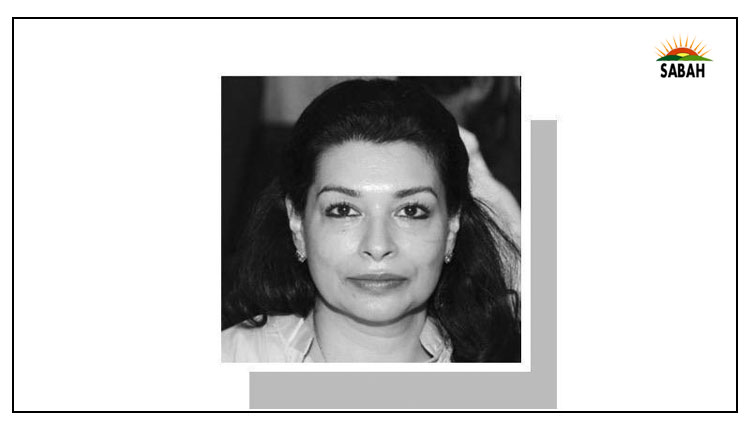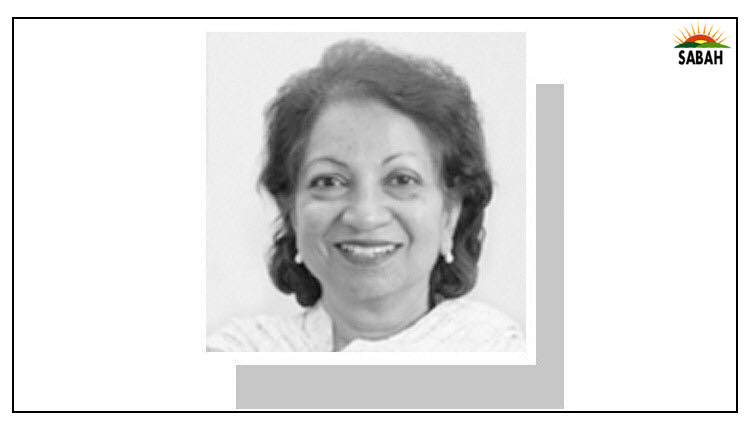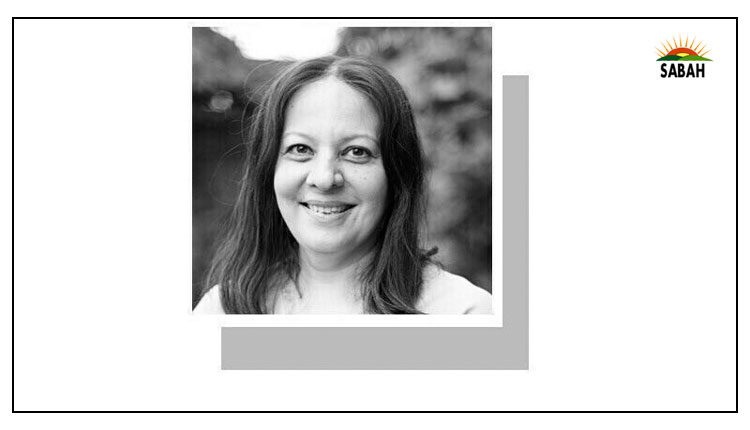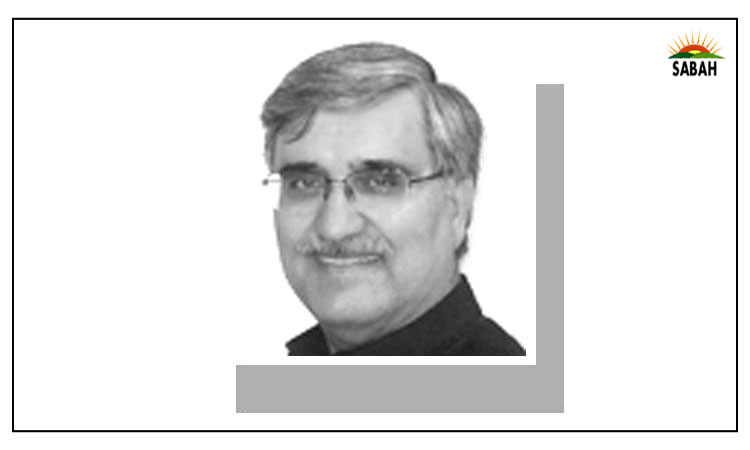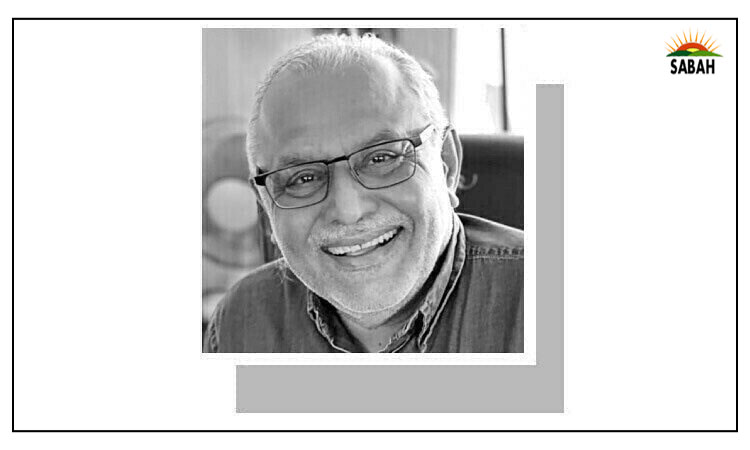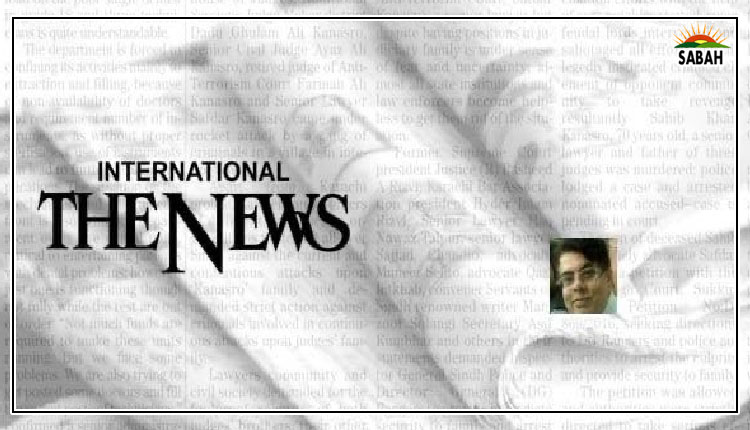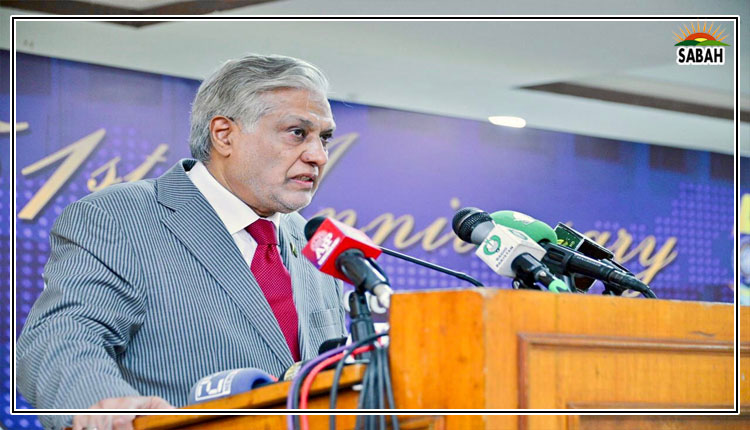Ishaq Dar emphasizes the need for political stability & economic growth as pillars of Pakistan’s foreign policy
ISLAMABAD, June 25 (SABAH): Deputy Prime Minister and Foreign Minister Senator Mohammad Ishaq Dar addressed the 51st Foundation Day of the Institute of Strategic Studies Islamabad (ISSI) as Chief Guest on Tuesday. He commended the Institute’s role as Pakistan’s leading think-tank, underscoring the importance of multilateralism, peaceful regional relations, and Pakistan’s strategic position in a rapidly changing global landscape.
Senator Mohammad Ishaq Dar outlined key objectives of Pakistan’s foreign policy;
- Leveraging Pakistan’s strategic location and advocating for international cooperation over confrontation, with a firm support for multilateralism.
- Promoting peaceful relations and regional stability to foster sustainable economic development.
- Emphasizing humanitarian cooperation in Afghanistan and ensuring Afghan soil is not used for terrorism.
- Seeking peaceful relations with India based on mutual respect, resolving the Kashmir dispute, and rejuvenating SAARC, while rejecting India’s unilateral actions.
- Strengthening the strategic partnership with China, especially through the advancement of the China-Pakistan Economic Corridor (CPEC).
- Deepening ties with Iran, Gulf nations, Türkiye, Central Asian states, and Azerbaijan.
- Maintaining balanced relations with major global powers like the US, China, Russia, the EU, Japan, and ASEAN to enhance Pakistan’s diplomatic flexibility.
Deputy Prime Minister and Foreign Minister Senator Mohammad Ishaq Dar also expressed concern over pressing global issues such as ongoing conflicts, humanitarian crises, unresolved disputes like Palestine and Kashmir, arms race and technological militarization, rising extremism and populism, economic and environmental challenges, the spread of disinformation, and the weakening of multilateral institutions.
Ishaq Dar emphasized the need for political stability and economic growth as pillars of Pakistan’s foreign policy, enabling the country to fulfill its potential as a positive force in global affairs. He urged ISSI to continue providing critical policy feedback to the Ministry of Foreign Affairs, especially during Pakistan’s upcoming tenure as a non-permanent member of the United Nations Security Council.


